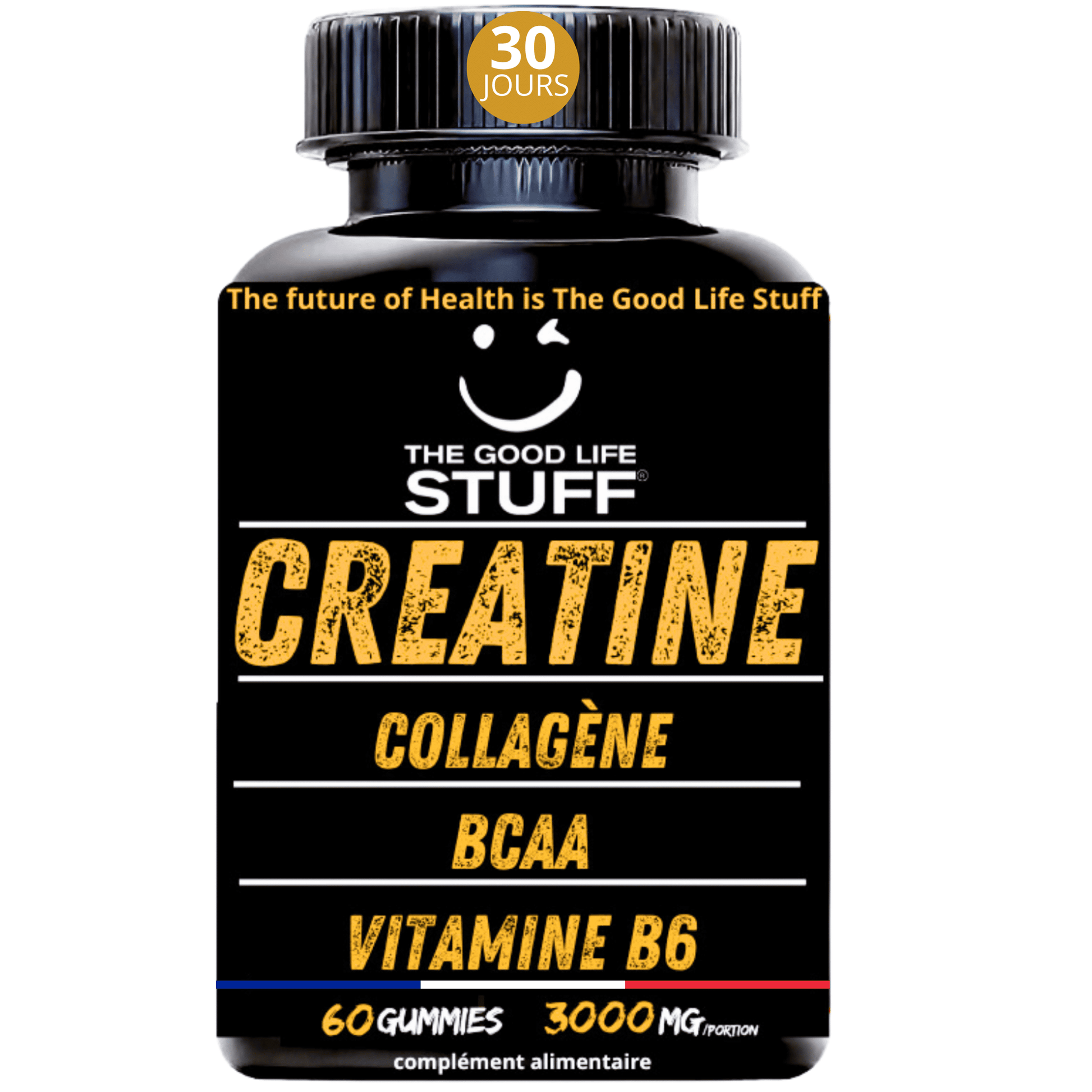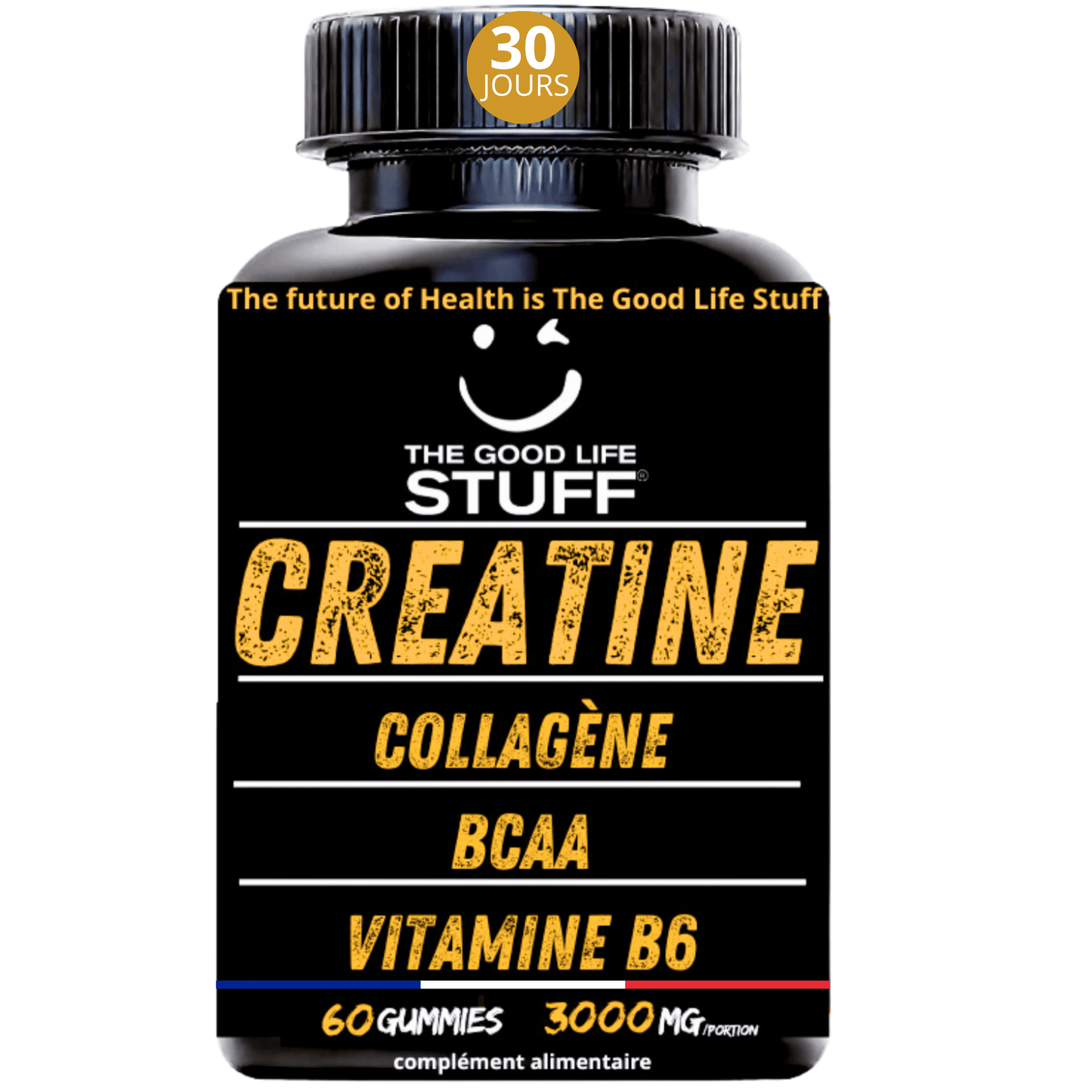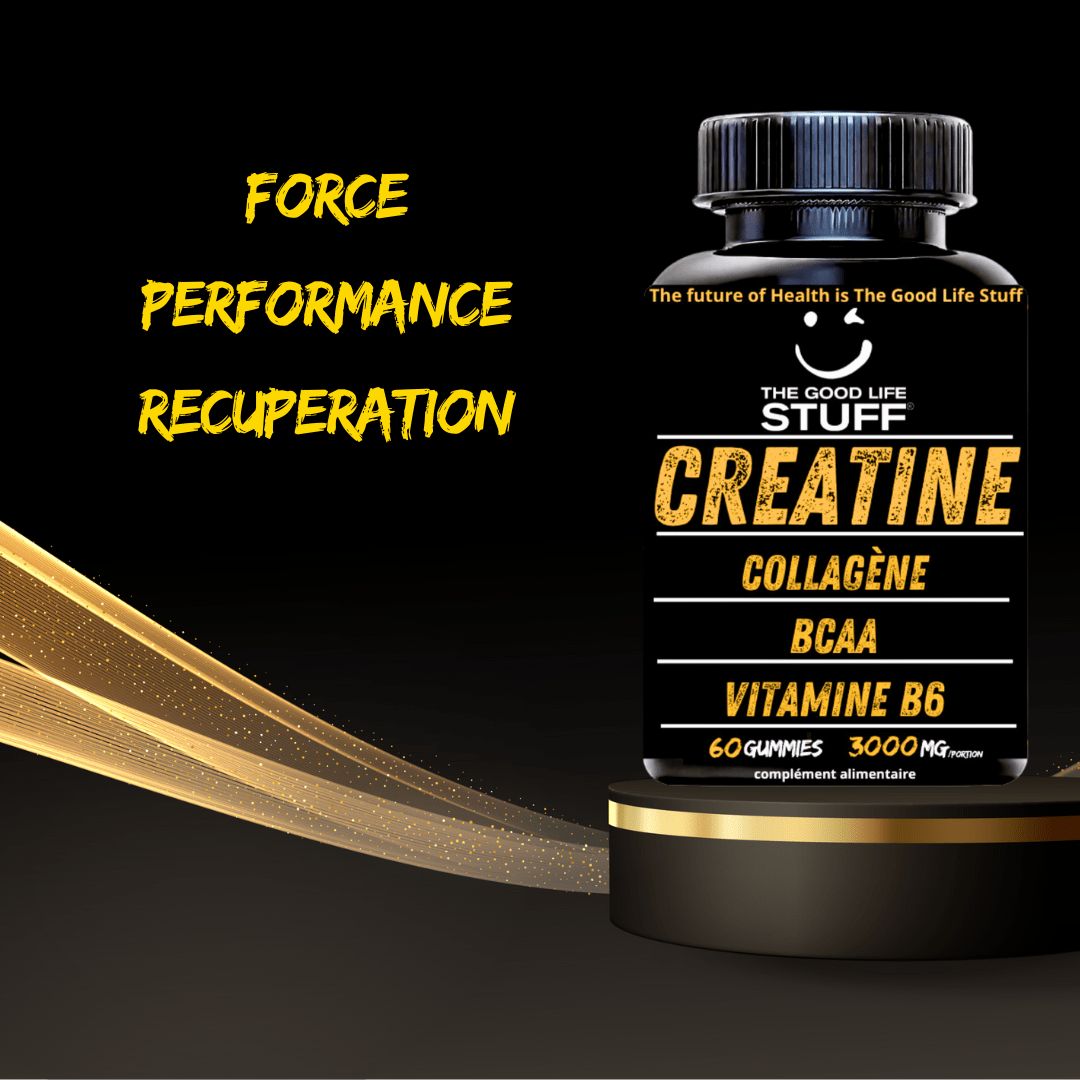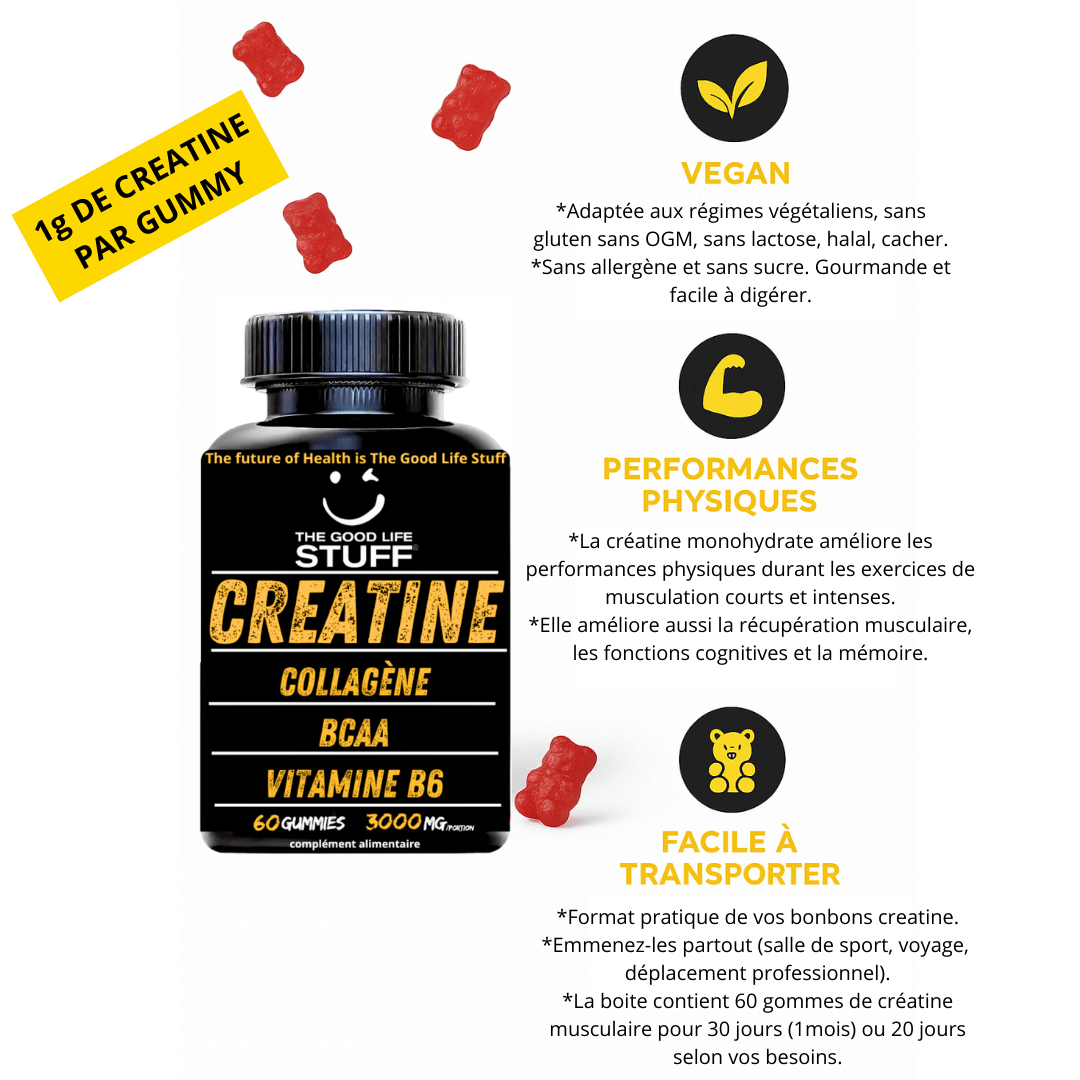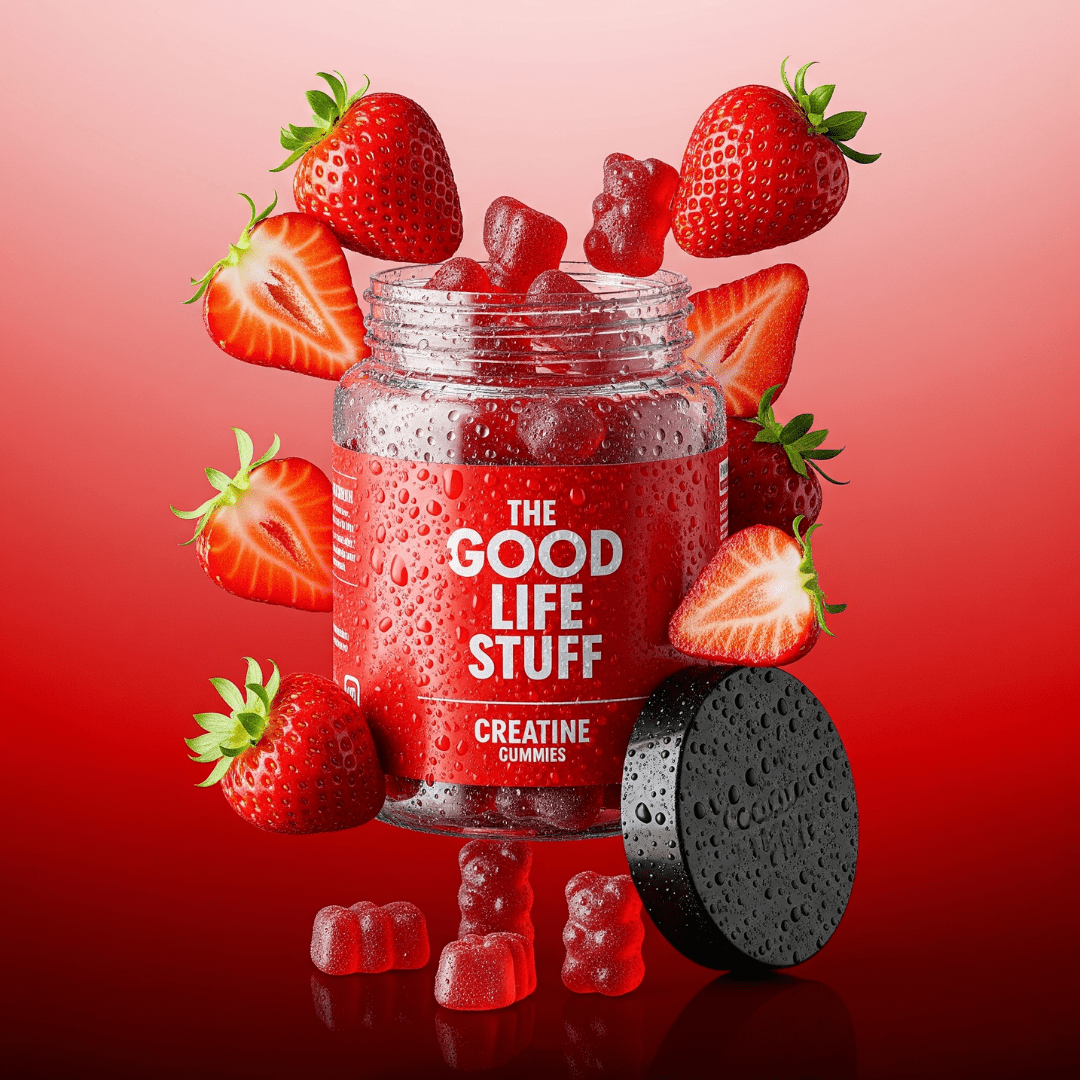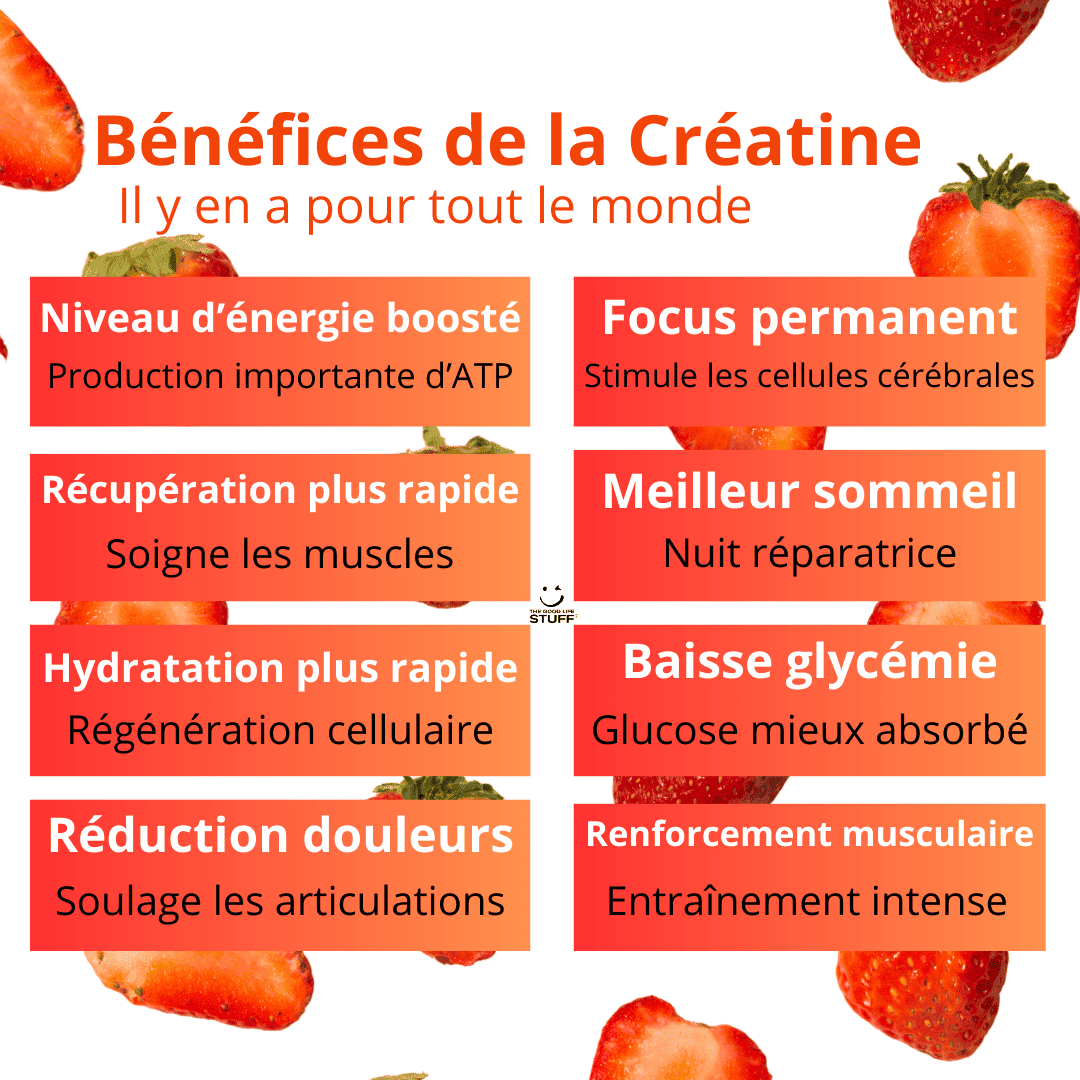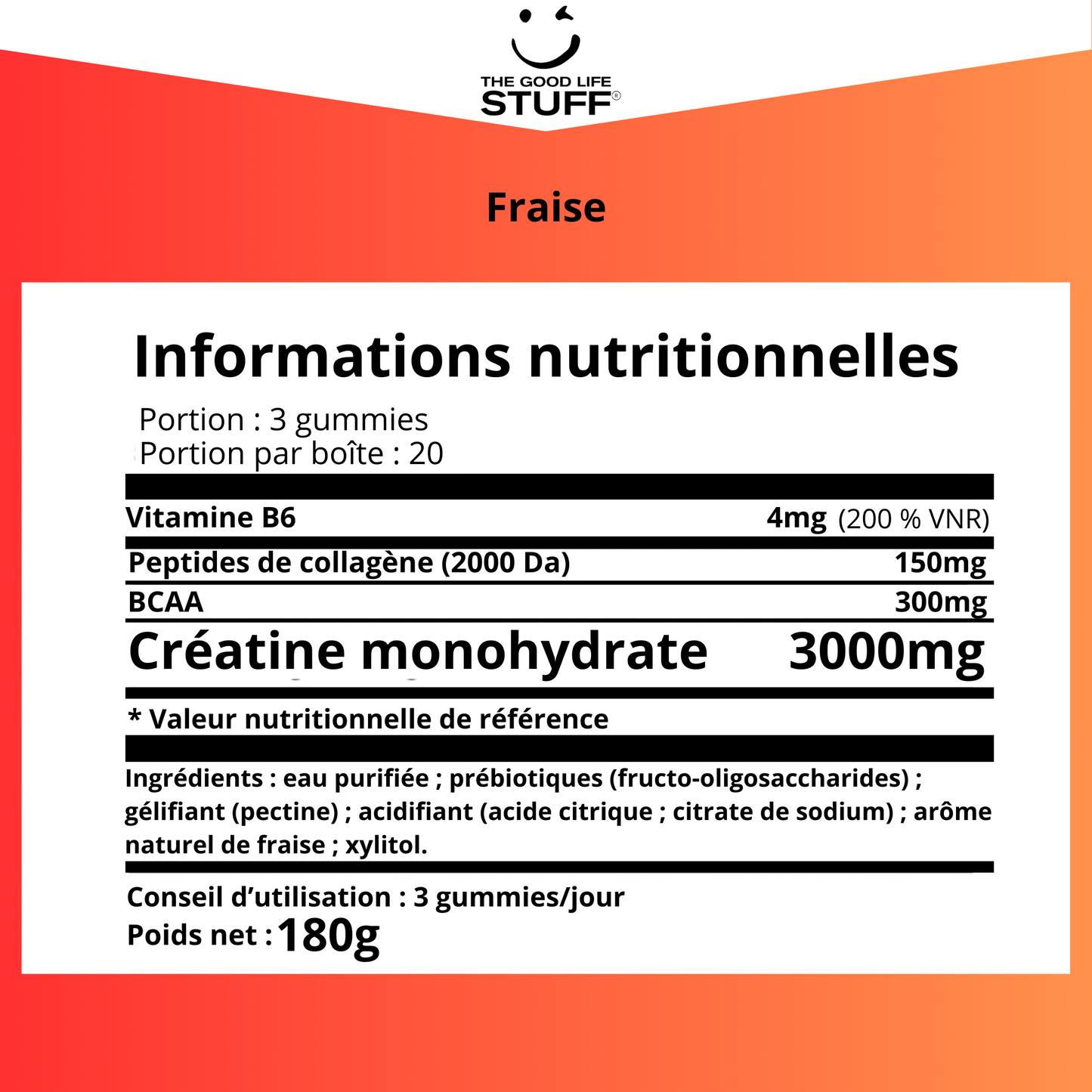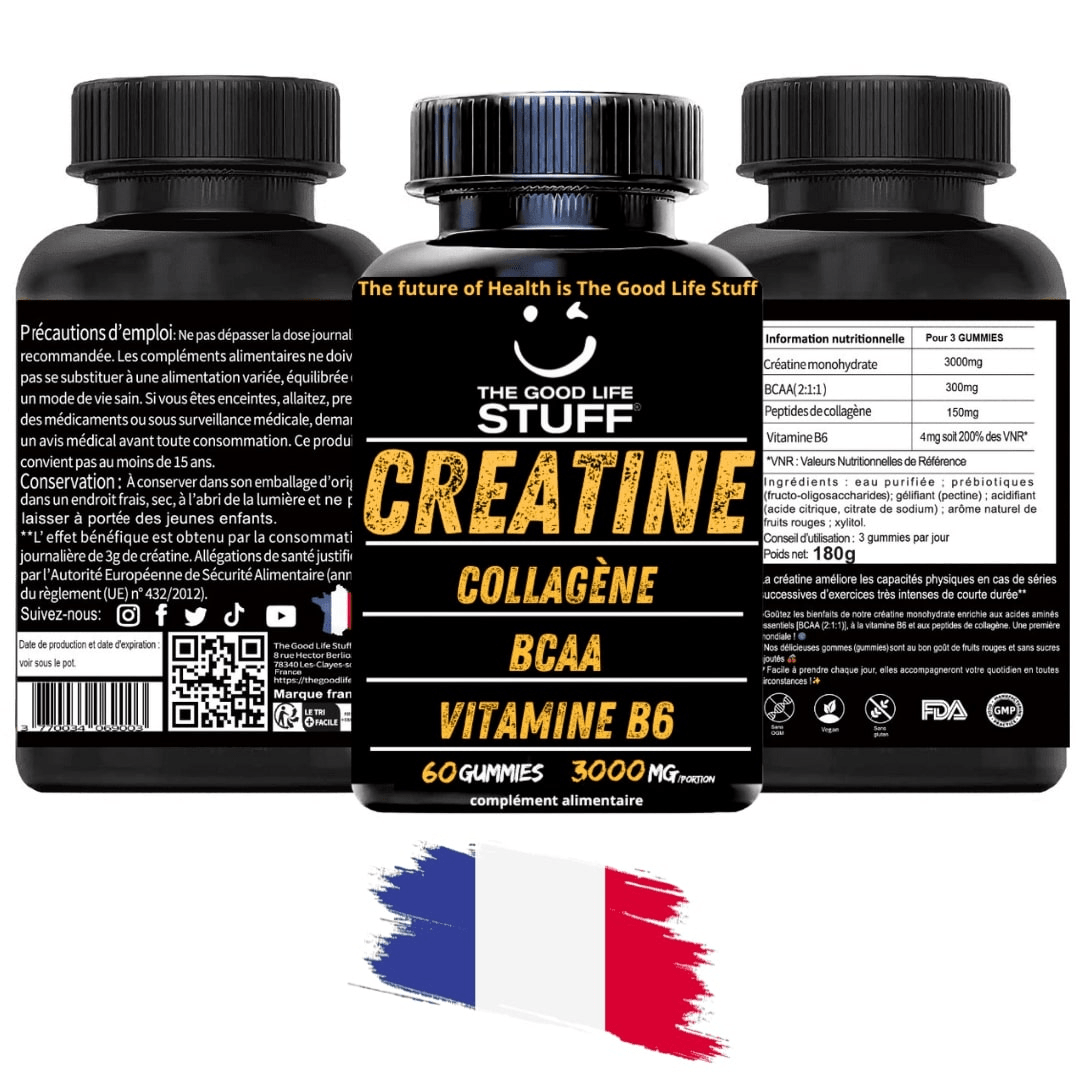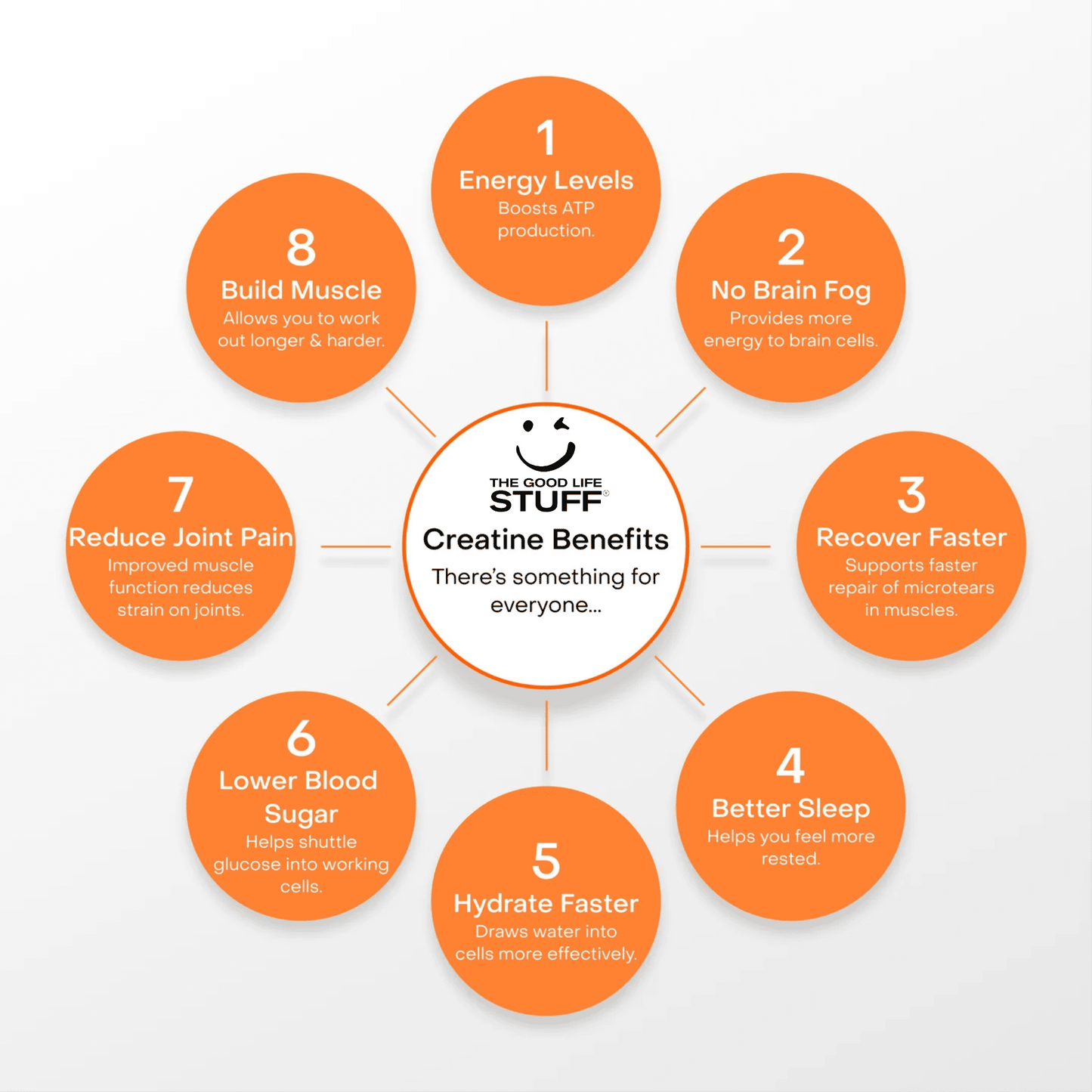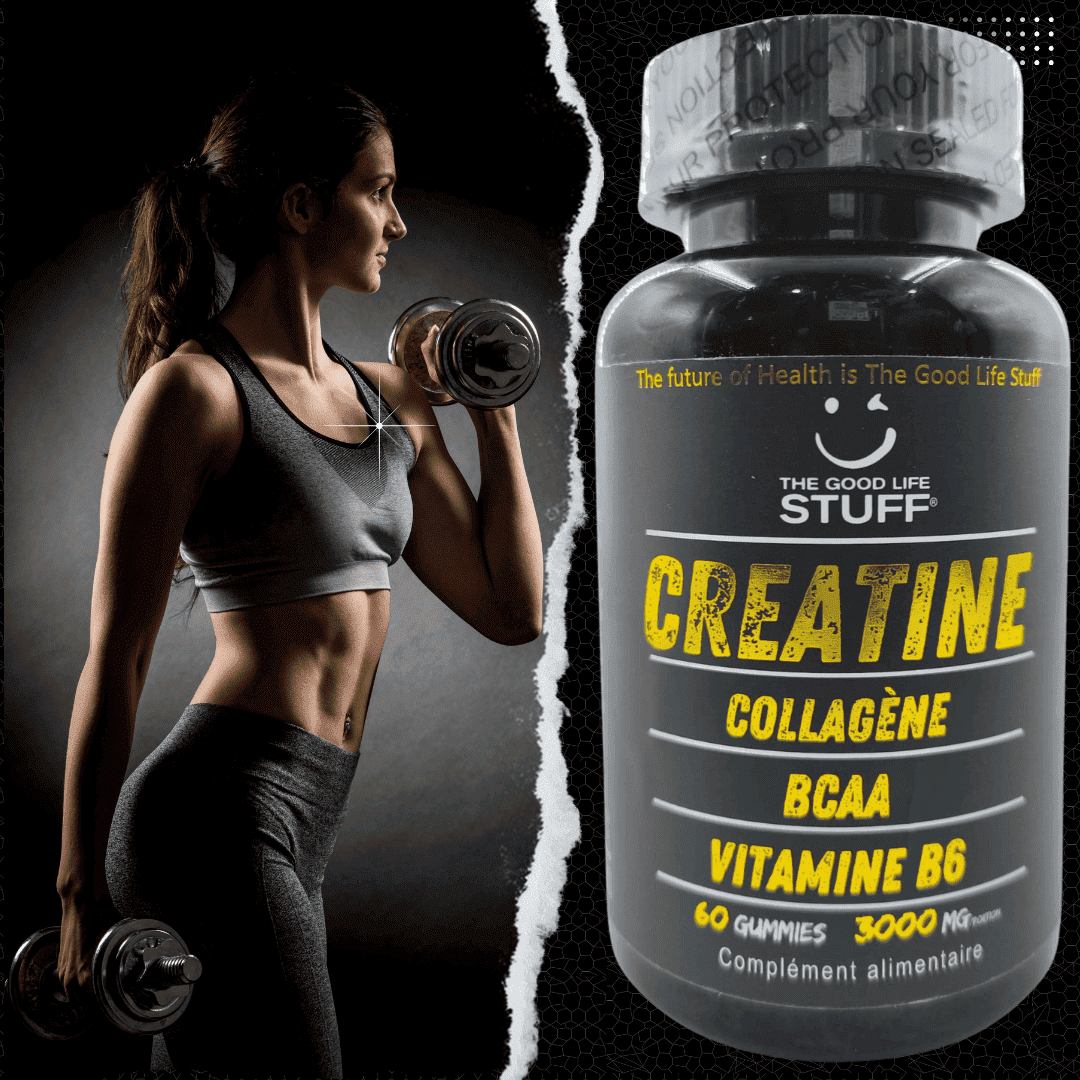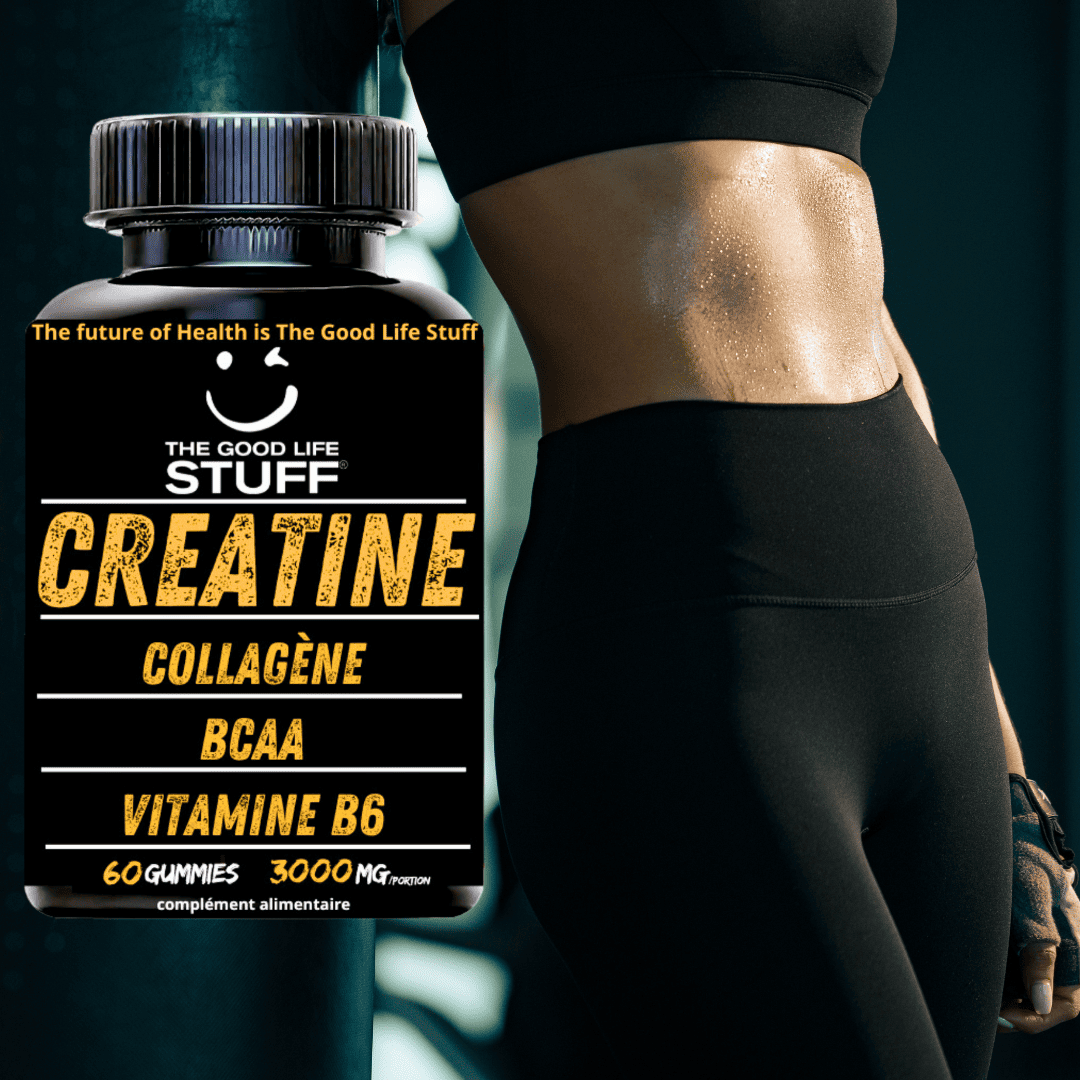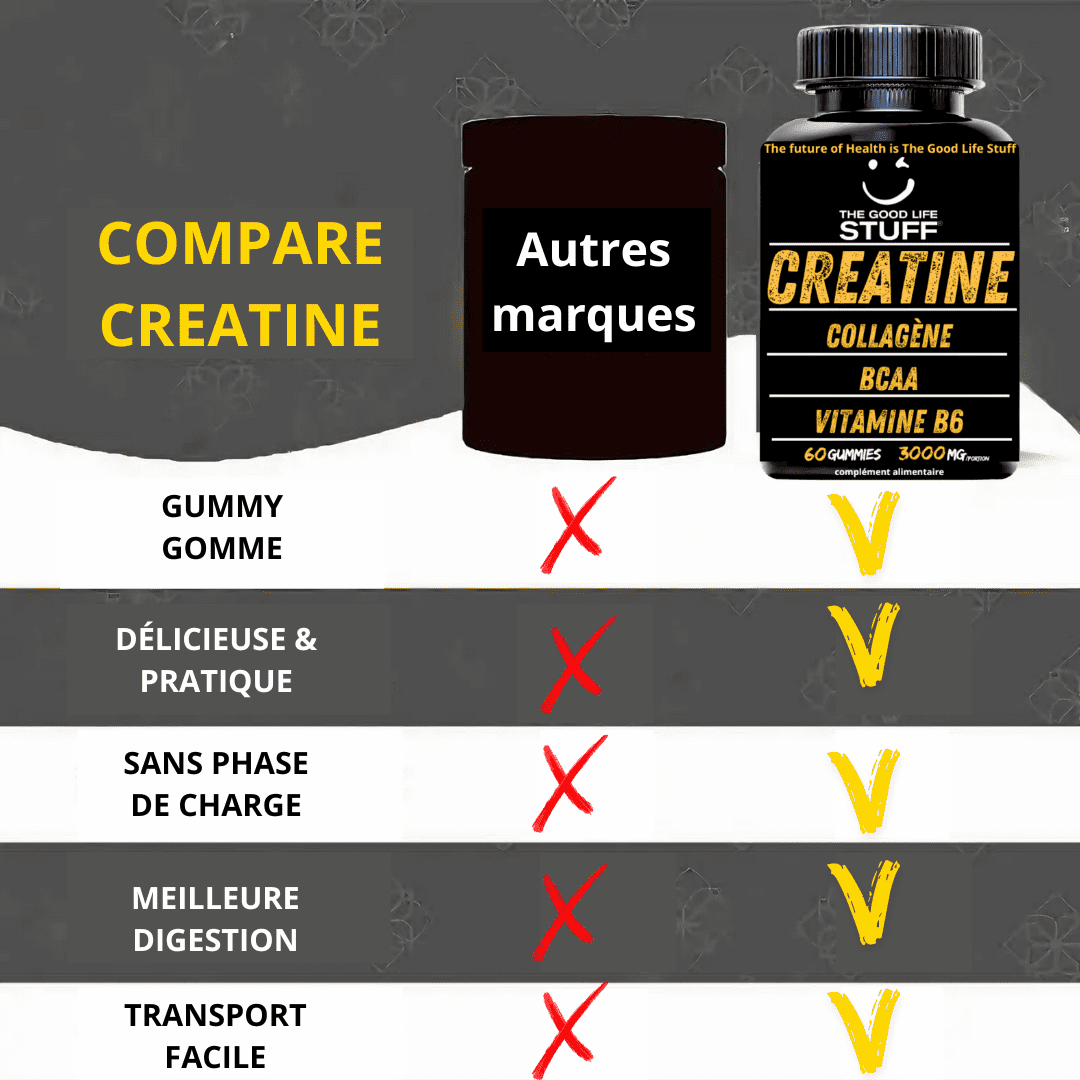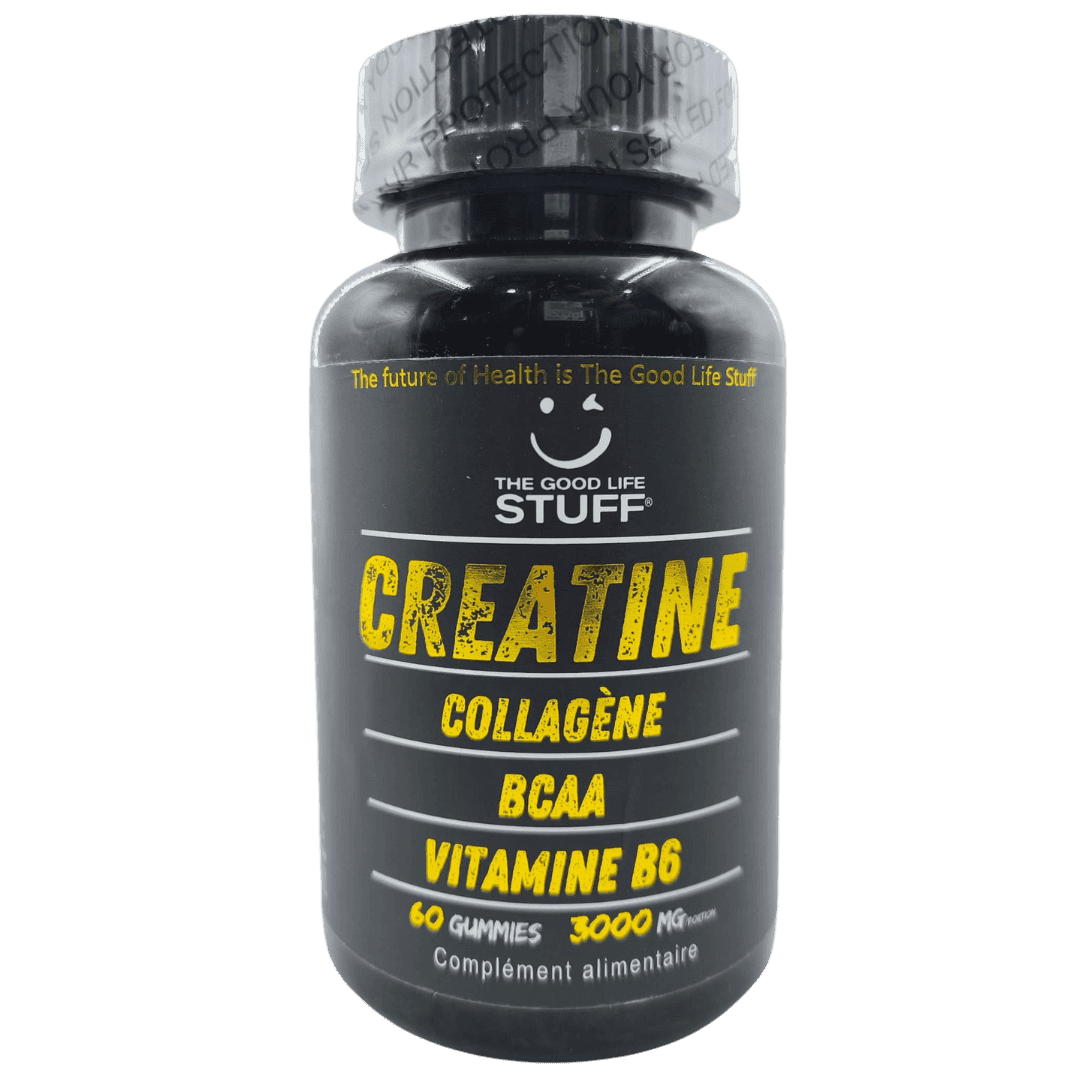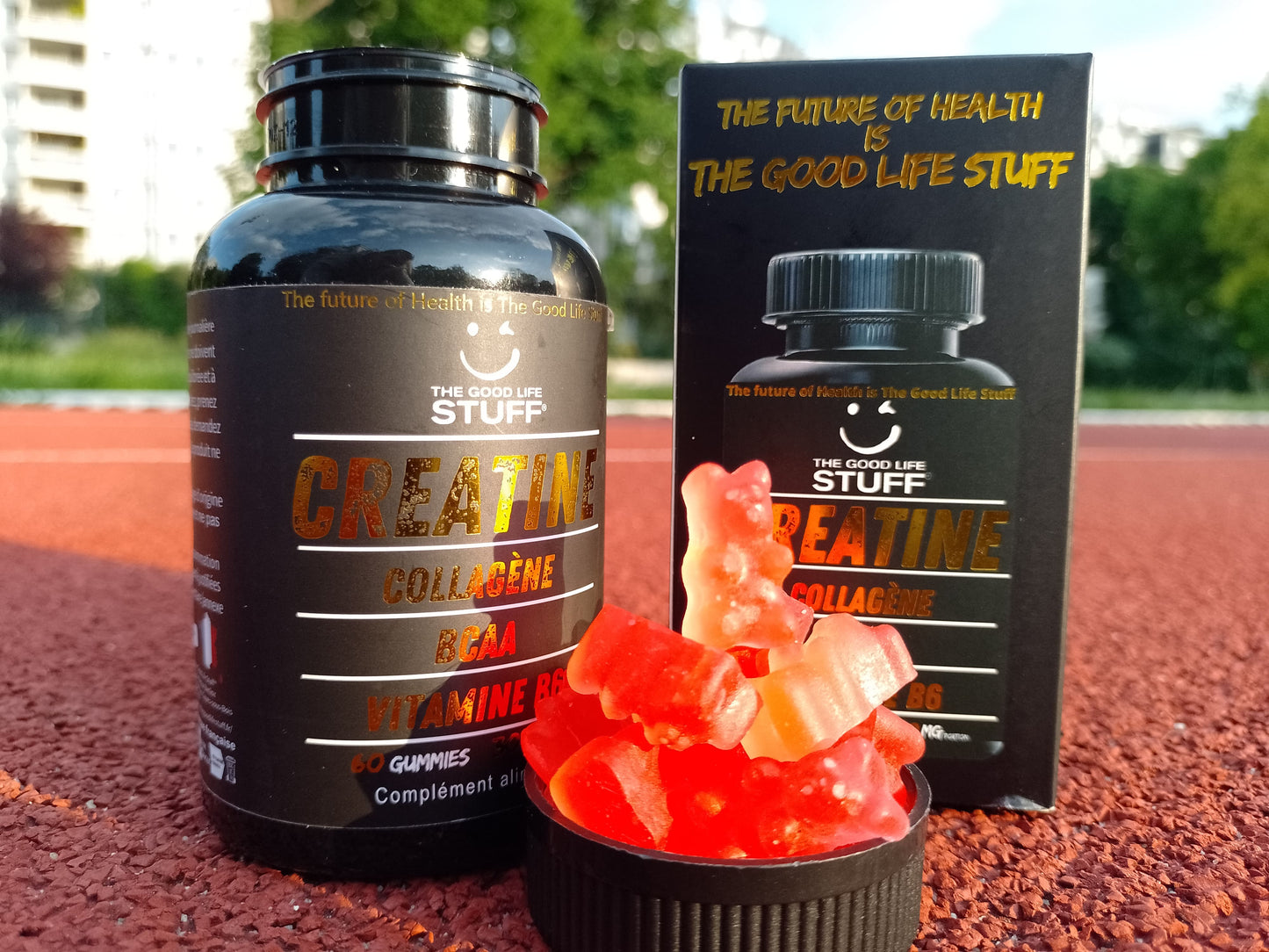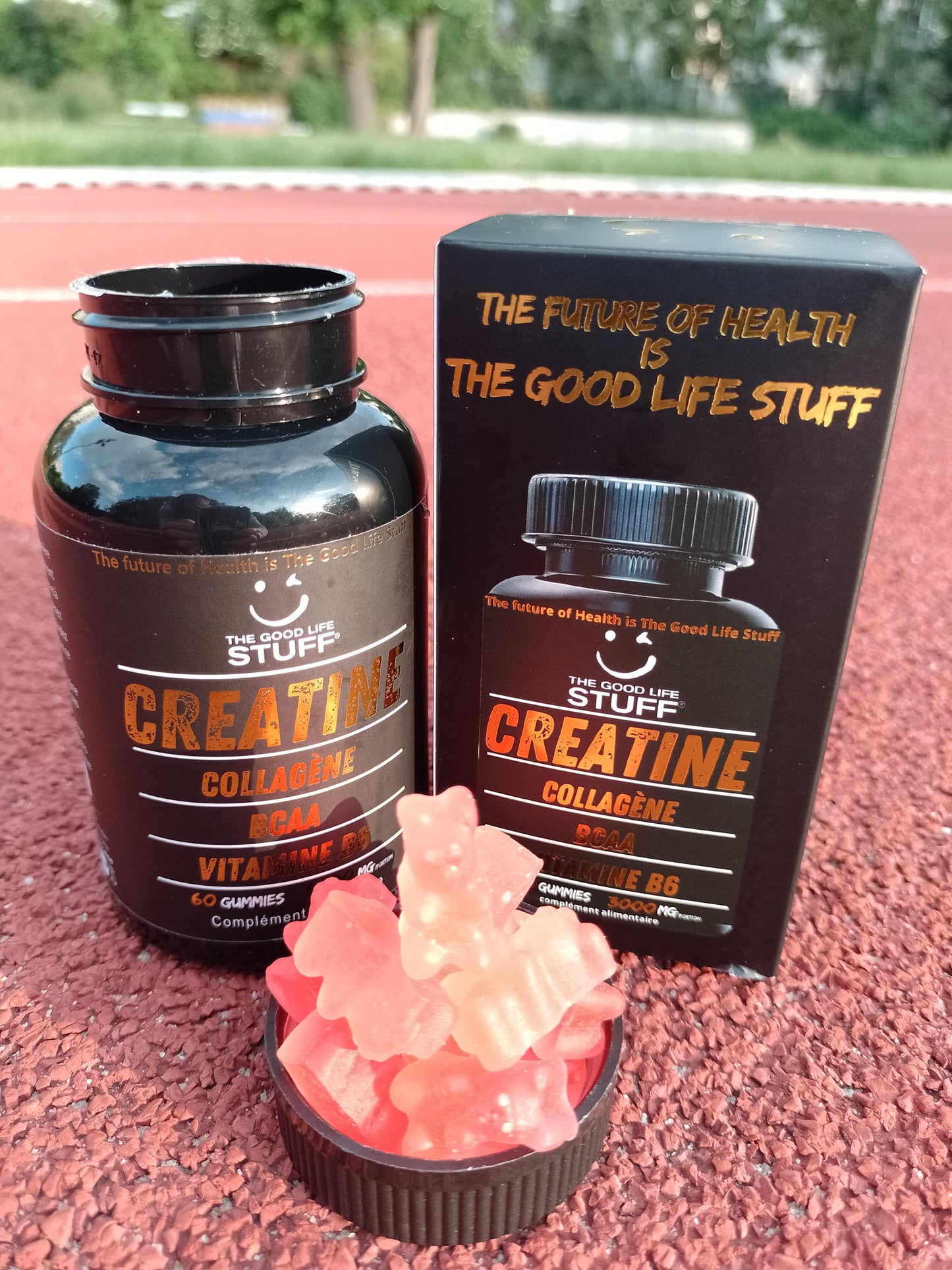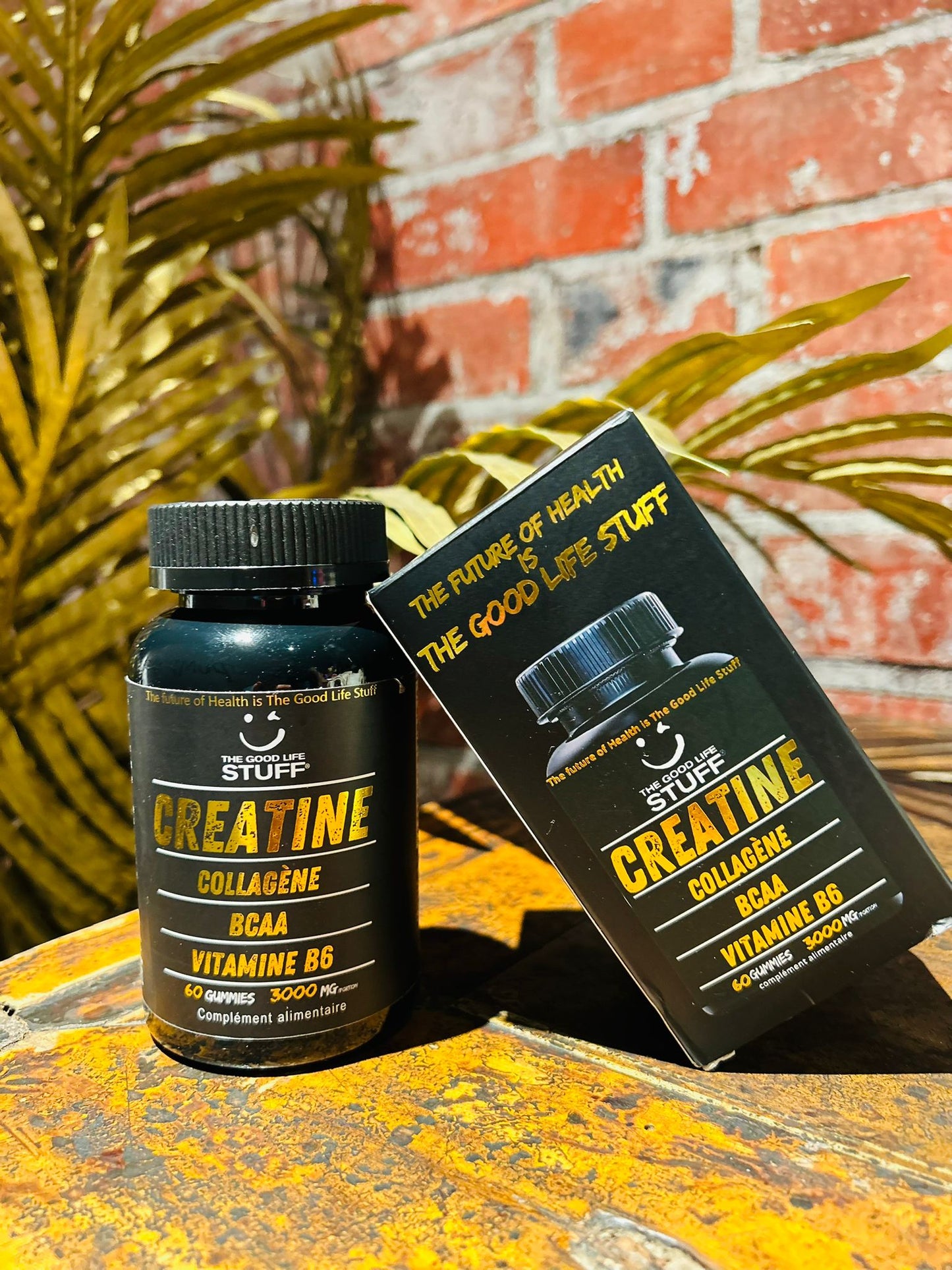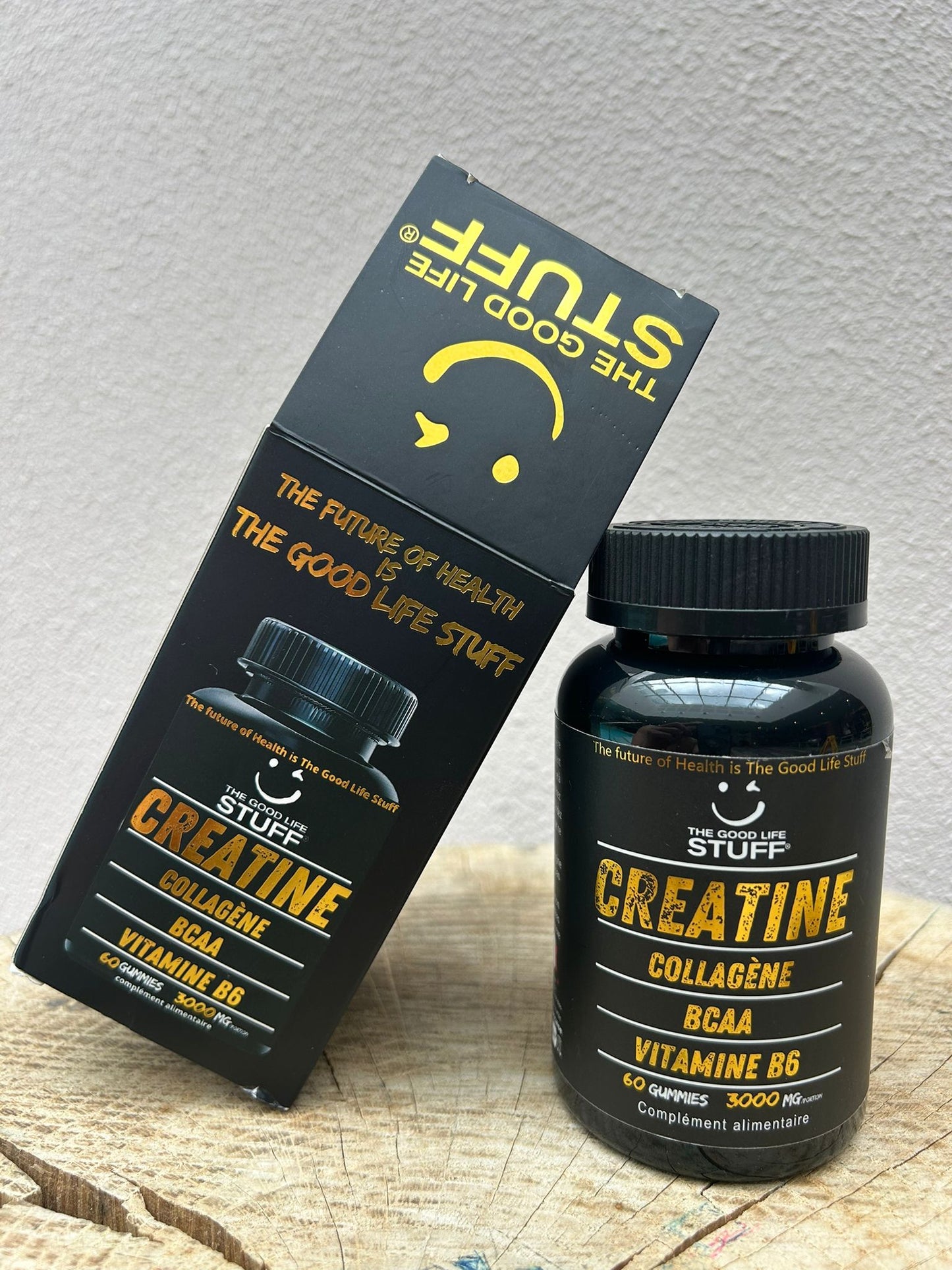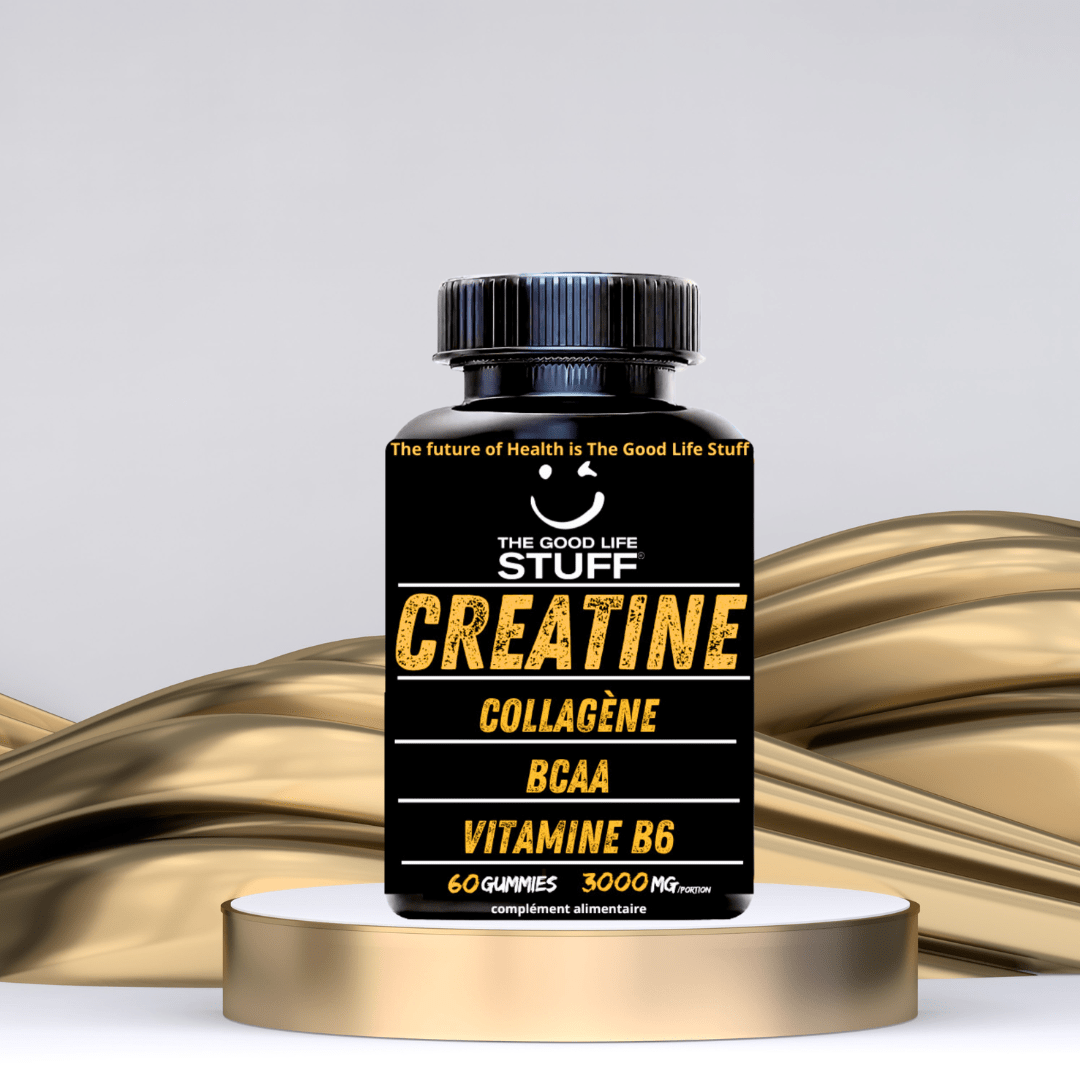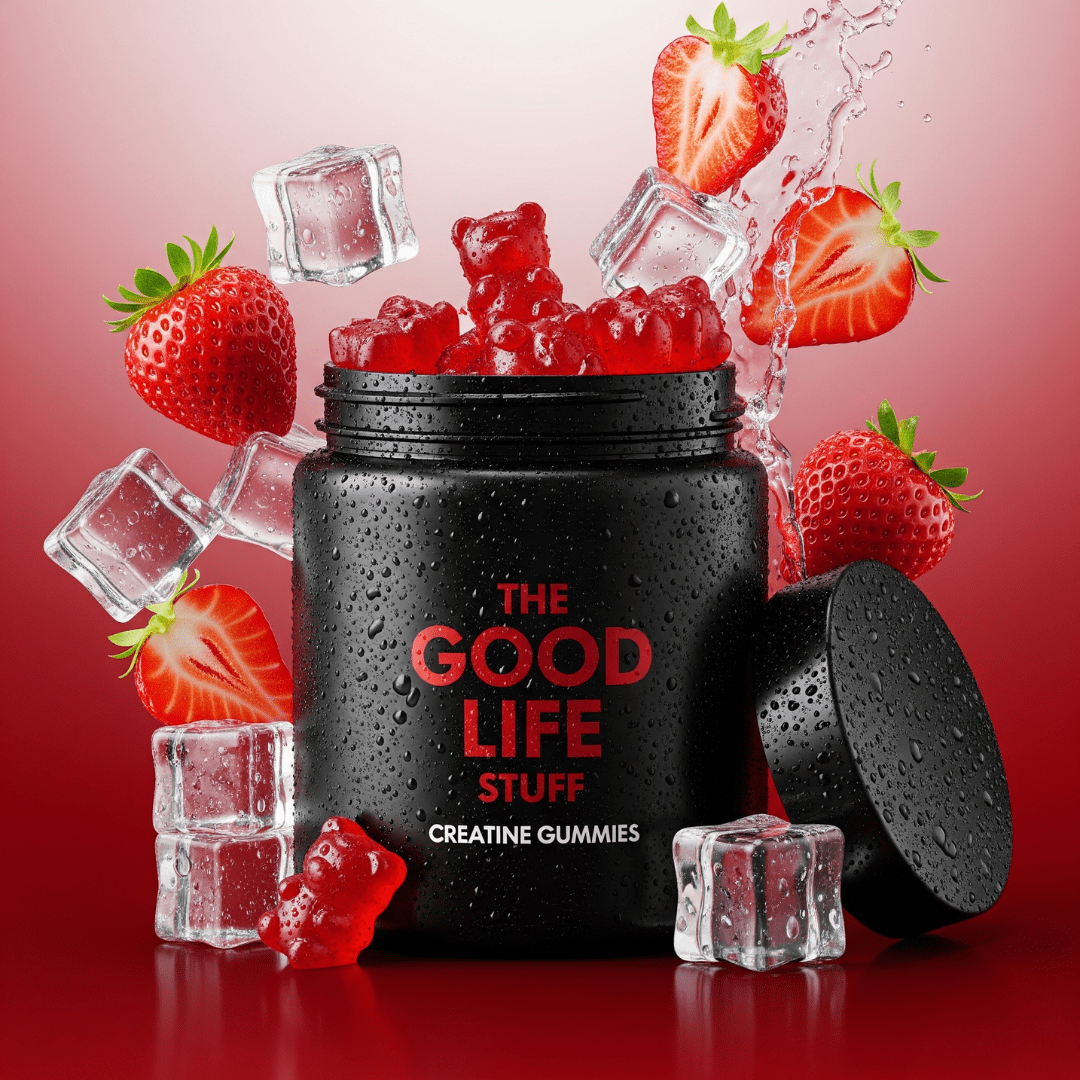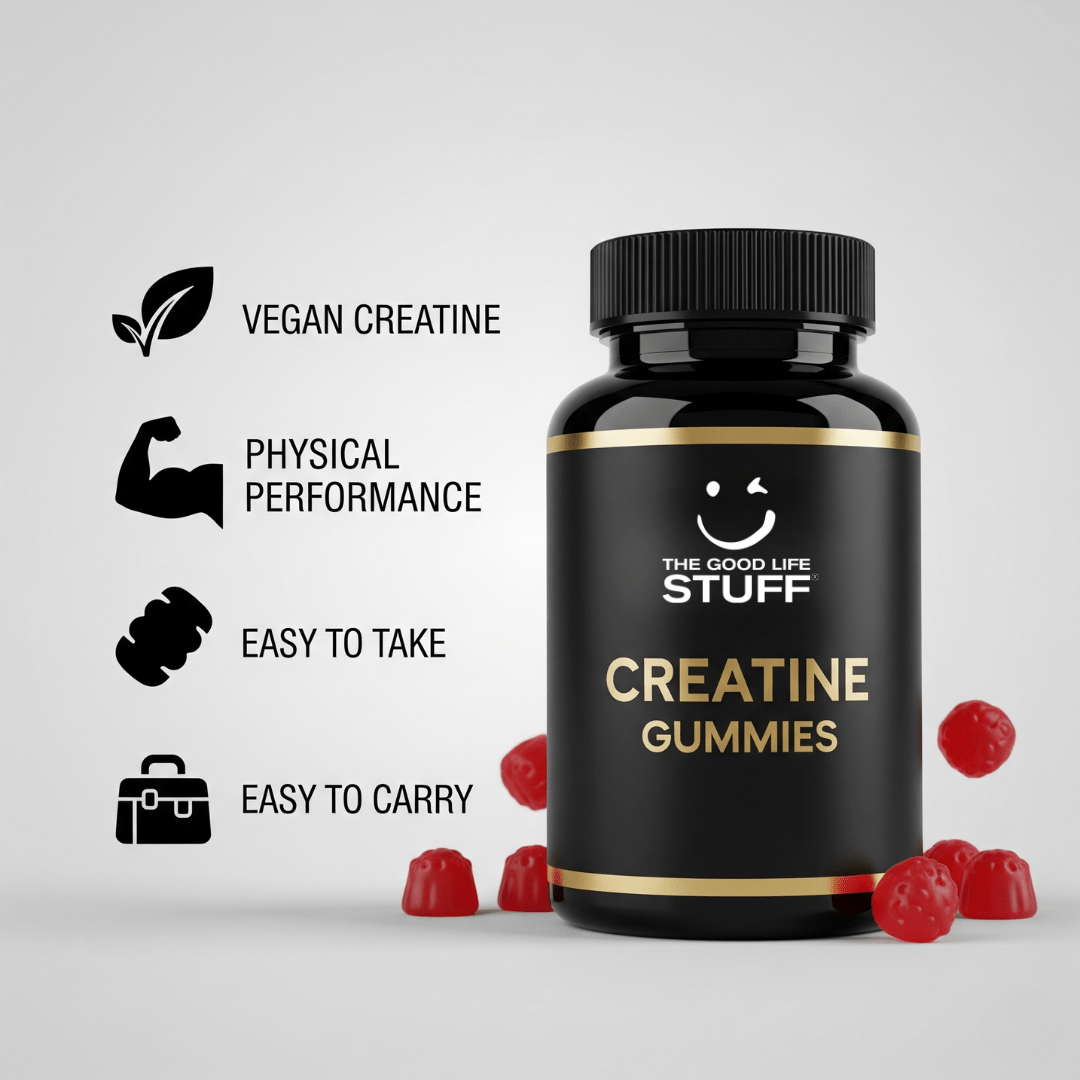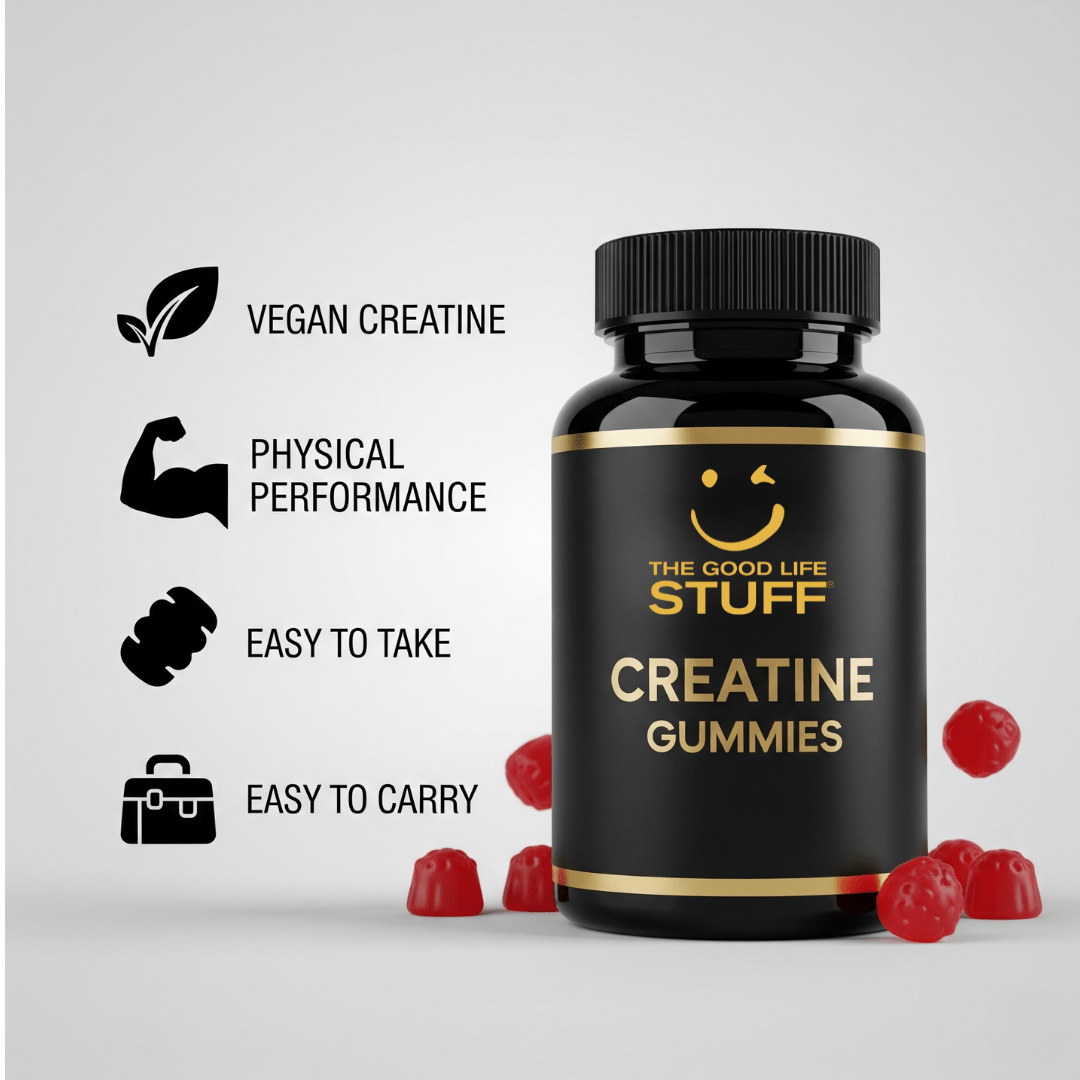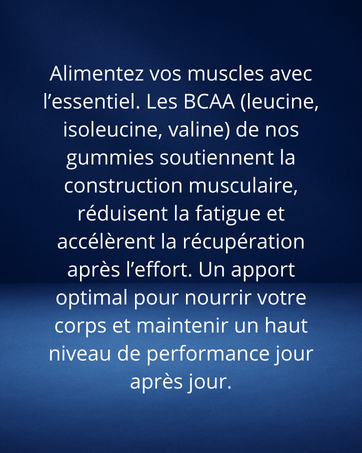FAQs about Protein Bars benefits
-
What is a protein bar?
- A protein bar is a convenient, ready-to-eat snack or meal replacement that is typically high in protein content.
-
Why are protein bars popular?
- Protein bars are popular due to their convenience, portability, and the ability to provide a quick protein source on the go.
-
How much protein should a protein bar have?
- Protein bars typically contain between 10 to 20 grams of protein, but the ideal amount depends on your dietary needs and goals.
-
Are protein bars suitable for vegetarians?
- Yes, there are vegetarian-friendly protein bars available, including plant-based options.
-
Do protein bars help with muscle building?
- Protein bars can support muscle growth and recovery when consumed as part of a balanced diet.
-
Can I use protein bars for weight loss?
- Protein bars can be a helpful part of a weight loss plan due to their ability to curb hunger.
-
How many protein bars can I eat in a day?
- The number of protein bars you can consume in a day depends on your overall calorie and protein needs. It's essential not to overconsume.
-
Do protein bars have added sugars?
- Some protein bars contain added sugars, so it's important to check the ingredient list if you're concerned about sugar content.
-
Are all protein bars gluten-free?
- Not all protein bars are gluten-free, so if you have gluten sensitivity or celiac disease, look for certified gluten-free options.
-
Can protein bars replace meals?
- While protein bars can replace meals occasionally, they should not replace whole, balanced meals in the long term.
-
Do protein bars help with energy levels?
- Yes, protein bars can provide a quick source of energy due to their protein and carbohydrate content.
-
Are protein bars suitable for kids?
- Protein bars can be appropriate for kids, but it's best to consult with a pediatrician for specific guidance.
-
How do I choose the right protein bar for my needs?
- Select a protein bar that aligns with your dietary preferences, goals, and nutritional requirements.
-
What's the shelf life of protein bars?
- Protein bars generally have a long shelf life. Check the packaging for the expiration date.
-
Can I make protein bars at home?
- Yes, there are numerous recipes available online for making homemade protein bars with ingredients you prefer.
-
Do protein bars help with post-workout recovery?
- Protein bars can aid in post-workout recovery by supplying essential amino acids to repair and build muscle.
-
Can protein bars be used as a pre-workout snack?
- Yes, protein bars can be an effective pre-workout snack to provide energy and support muscle function.
-
Are protein bars suitable for people with diabetes?
- There are low-sugar protein bars designed for individuals with diabetes, but monitoring blood sugar levels is crucial.
-
How should I store protein bars?
- Store protein bars in a cool, dry place, away from direct sunlight and moisture.
-
Can I consume protein bars during pregnancy?
- Pregnant individuals should consult their healthcare provider for guidance on consuming protein bars during pregnancy.
-
What is the ideal time to eat a protein bar?
- You can enjoy a protein bar at various times, such as as a snack, pre-workout, or post-workout, depending on your needs.
-
How do I calculate the protein content in a protein bar?
- Review the nutrition label, which typically lists the protein content per serving.
-
Do protein bars help with weight gain?
- Protein bars can assist with weight gain when consumed as part of a calorie surplus diet.
-
What are the different types of protein in protein bars?
- Protein bars often contain whey, casein, soy, or plant-based proteins.
-
Can I microwave a protein bar?
- Yes, you can microwave a protein bar for a few seconds to soften it, making it more enjoyable.
-
Are there protein bars for specific dietary restrictions?
- Yes, there are protein bars designed for various dietary restrictions, including keto, paleo, and vegan diets.
-
Do protein bars help with cravings and snacking?
- Protein bars can help curb cravings and reduce the urge to snack on less nutritious options.
-
Can I consume protein bars if I have lactose intolerance?
- Choose protein bars with lactose-free protein sources if you have lactose intolerance.
-
What's the difference between protein bars and energy bars?
- Energy bars may focus on providing carbohydrates for quick energy, while protein bars emphasize protein content for muscle support.
-
How can I incorporate protein bars into my diet?
- You can use protein bars as a snack, meal replacement, or part of a balanced meal.
-
Do protein bars help with hair and nail growth?
- Protein bars provide amino acids that support hair and nail health as part of a nutritious diet.
-
Can I eat protein bars if I'm on a low-carb diet?
- Yes, there are low-carb protein bars suitable for those on low-carb diets.
-
How do I read the nutrition label on a protein bar?
- Check the serving size, protein content, calories, and ingredients, and compare them to your dietary goals.
-
What are the key ingredients in protein bars?
- Protein bars typically include protein sources, sweeteners, binders, and various other ingredients.
-
Do protein bars contain artificial additives?
- Some protein bars may contain artificial additives. Opt for bars with minimal additives if desired.
-
Are there protein bars for specific dietary goals, such as bulking or cutting?
- Yes, there are protein bars tailored to different dietary goals, including bulking and cutting phases.
-
Can I use protein bars as a breakfast replacement?
- Protein bars can serve as a breakfast replacement on busy mornings, but a balanced breakfast is ideal when possible.
-
What's the difference between whey protein bars and plant-based protein bars?
- Whey protein bars contain animal-based protein, while plant-based protein bars use plant-derived protein sources.
-
How can I avoid a chalky or dry texture in protein bars?
- Select protein bars with positive reviews regarding taste and texture. Microwaving for a few seconds can also help.
-
Do protein bars help with muscle repair after a workout?
- Protein bars support muscle repair and growth when consumed within the post-workout recovery window.
-
How do I choose the right flavor of protein bars?
- Select protein bar flavors that align with your taste preferences, or try a variety to discover your favorites.
-
Can protein bars replace a protein shake?
- Protein bars can replace a protein shake as a convenient and portable protein source.
-
How can I tell if a protein bar is low in sugar?
- Check the nutrition label for the sugar content, and choose bars labeled as low in sugar.
-
Do protein bars help with maintaining a feeling of fullness?
- Protein bars can promote satiety, helping you feel fuller for longer.
-
Can protein bars help with preventing muscle soreness?
- Protein bars may aid in reducing muscle soreness by providing essential amino acids needed for recovery.
-
How do I choose protein bars for specific dietary preferences like keto or paleo?
- Look for protein bars labeled as keto or paleo-friendly, and check ingredient lists for compliance with these diets.
-
Are protein bars suitable for people with food allergies?
- Choose protein bars that are free from allergens if you have food allergies, and check labels for allergen warnings.
-
How do I know if a protein bar is low in calories?
- Review the nutrition label for the calorie content and choose bars with lower calorie counts.
-
Can I bake with protein bars?
- Yes, you can use crushed or melted protein bars in baking recipes to add flavor and protein.
-
Do protein bars provide essential vitamins and minerals?
- Some protein bars are fortified with essential vitamins and minerals to enhance their nutritional value.
Remember that the suitability of protein bars depends on your individual dietary needs, so it's essential to choose bars that align with your goals and preferences.

